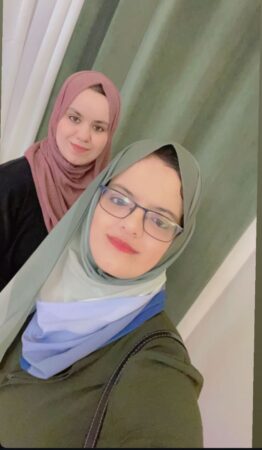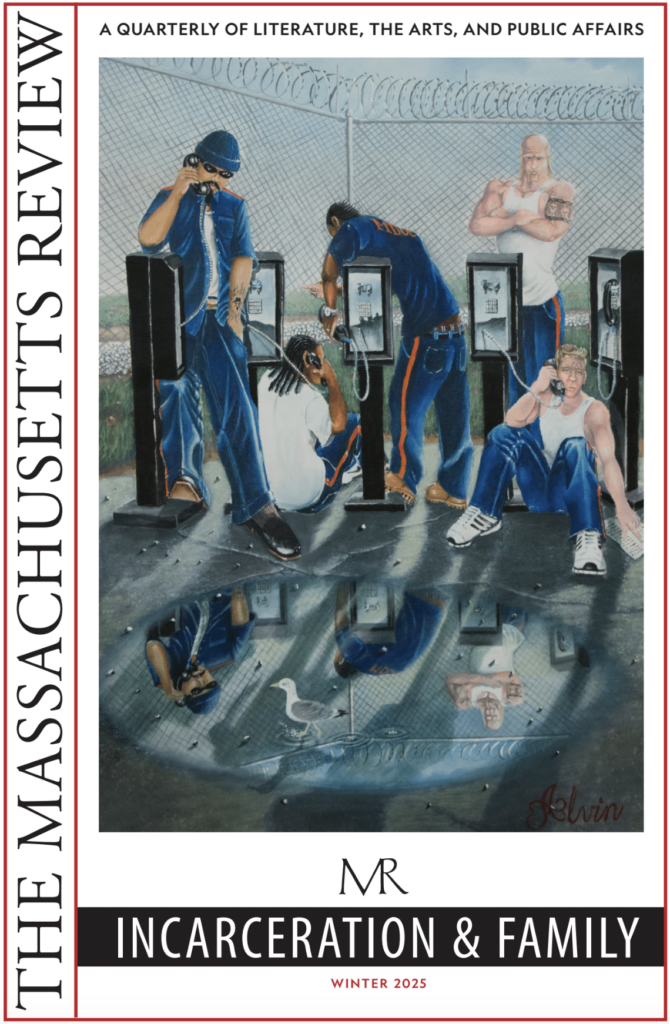Scattered Graves

My name is Sarah Mahmoud. I was born twenty-eight years ago in Jabalia, northern Gaza. My father was a teacher, and my mother a devoted homemaker, who held our family together with love and patience. I was the youngest of five sisters—Dalal, Hazar, Ghada, and two others. In those days, our home was full of warmth, the smell of my mother’s cooking, and the sound of my sisters’ laughter echoing through the rooms. We didn’t yet know that none of this would last.
My mother passed away in 2018, from diabetes-related complications, and two years later, my father died of esophageal cancer. By then, my older sisters were married and living with their families, leaving only Ghada and me in our parents’ home. We were both in our twenties and unemployed, trying to build a life from the emptiness that loss had left behind.
Ghada is thirty-three now, and hasn’t married. We still live together, even though our house in Jabalia no longer exists. With her personality—full of life, kind, hopeful, endlessly patient—she always dreamed of teaching young children. That’s why she studied primary education at Al-Azhar University, where I also studied, graduating with a degree in psychology instead. Ghada has always been my greatest source of strength, always stood by me, always encouraged me to keep going, even when everything around us seemed to fall apart. Even when everything did fall apart.
§
Since October 7, 2023, we have been struggling to survive in Gaza, moving from one house to another under constant bombardment. For two years, Ghada and I lived through fear, hunger, and displacement, never knowing if we would see another morning. Nights were filled with the sounds of explosions, and days were spent searching for water, bread, and any glimpse of safety in a place where safety no longer existed. In the darkness that enveloped us, her smile was always the last light I held onto.
The first of us sisters to die was the eldest, Dalal. She was known for her intelligence, and her bright, playful spirit. She studied math at university, and could have built a successful career as a mathematician, but chose to stay home to raise her children instead. All five of them were massacred, along with Dalal and her husband, at the very start of the war. Their home—a five-story building—was bombed and reduced to rubble, killing fourteen of our relatives in one strike—Dalal’s family, and three of her husband’s brothers with their wives and children.
There were no bodies to bury, no graves to visit, no final farewell. To this day, they remain under the ruins. Dalal was thirty-seven years old. Sometimes, I can still hear her laughter in my mind, soft and full of light, as if she were trying to comfort Ghada and I from beneath the rubble.
§
In January 2025, we began living with my sister Hazar and her ten-year-old son, Osama. Hazar had been injured during the war, suffering fractures in both thigh bones and her left arm, as well as third-degree burns on her right hand. Despite her wounds, Hazar loved life. She would always tell us that this time would pass. She showed incredible strength for her child, and her quiet resilience gave us hope, too, even as our world kept collapsing.
Soon after we began living together, the four of us had no choice but to flee the north. Our house in Jabalia was destroyed. We owned nothing, had nowhere to go. Hazar needed treatment, so we were forced to move south in search of medicine and pain relief. We rode a horse-drawn cart, the fare costing more than we could afford. We had to borrow money from friends, promising to pay it back someday.
In the south, we stayed in a tent belonging to a friend of Ghada’s, by the sea in Khan Younis. The heat during the day was unbearable, and Hazar’s health quickly worsened. One night, we carried her on a chair to the hospital with the help of some young men we met on the road, crying as we begged for help. Doctors told us her blood sugar was dangerously high, and her hemoglobin had dropped to six grams per deciliter. She needed intensive care, but there was no bed, no place for her. We kept begging and weeping, but it was useless: they told us to look for another hospital. That same night, we carried her on the chair for an hour while she drifted in and out of consciousness. At the hospital gate, she collapsed. The young men helped us rush her back inside, but it was too late. She was declared dead—a martyr, like so many others.
Unlike Dalal, Hazar was “more fortunate”—if we can call it that—because she had a grave. With the help of some of our relatives who had also fled to the south, we managed to bury her. But her son, Osama, was left alone in this world, living with trauma and grief too heavy for a child to bear. He cries constantly, in shock, screaming: “I have no mother, no father,” and I can’t stop asking myself: what crime did this innocent child commit to deserve a fate like this?
§
Our family was torn apart not only in life but even in death. Some graves are in the north, others in the south. And we do not know if the graves in the north—those of my mother, father, and brother who died long before the war—still exist, or if they were bulldozed by the occupation. The enemy shattered our hearts before scattering our graves.
This is not just my story. This is Gaza’s story. We are still alive, but in truth, a part of us died with every loved one we lost.
SARAH MAHMOUD HEJAZI was born in Jabalia Camp, in northern Gaza, in her family home that was destroyed during the war. She graduated from Al-Azhar University in 2021 with a degree in Psychology.
She currently lives with her sister Ghada (born in 1993). They are the only two left after losing their home and everything they had. They now live in a tent in southern Gaza, trying to cope with the current situation and hoping for better days and lasting calm.



